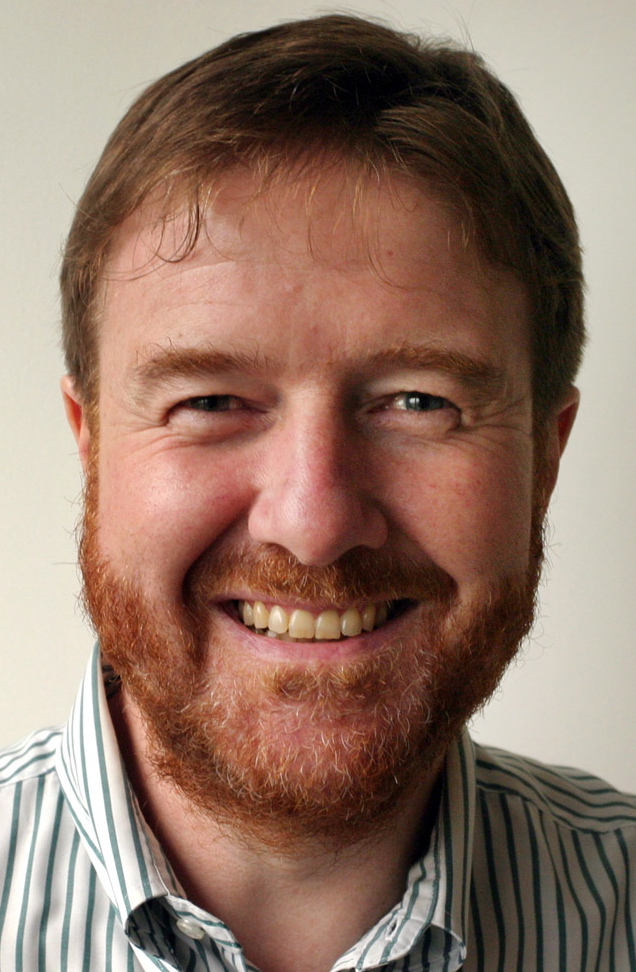People
Alan Wheatley leaves Reuters still unrivalled despite the squalls
Friday 29 November 2013
 Global economics correspondent Alan Wheatley left Reuters on Friday reflecting on 33 years of camaraderie and being part of an organisation that, “despite the squalls of recent years, still enjoys unrivalled trust and credibility around the world”.
Global economics correspondent Alan Wheatley left Reuters on Friday reflecting on 33 years of camaraderie and being part of an organisation that, “despite the squalls of recent years, still enjoys unrivalled trust and credibility around the world”.
“When I started as a trainee in 1980, one of the Four Horsemen, Dave Betts, told me that I was trying hard but writing wasn’t coming as easy as falling off a log. He was right. For me journalism has always been nine parts perspiration and one part inspiration,” he said. “Which means I’ve needed a lot of help along the way.”
He paid tribute to three people in particular: Alex Nicoll, former head of the money desk in New York, Rudi Saks, hard-driving financial editor in New York who “embodied the will to win with a crazy, loveable passion”, and François Duriaud, a model bureau chief in Paris, “dispensing wisdom and encouragement with a quiet authority”.
After postings that also included Frankfurt, Washington, Tokyo, Singapore and Beijing, it’s a bitter-sweet moment, he admitted. Working for Reuters had been a source of immense pride and satisfaction. “We long ago ceased to be the ‘family news agency’ but I’ll miss the camaraderie and being part of an organisation that, despite the squalls of recent years, still enjoys unrivalled trust and credibility around the world. We must treasure that reputation so that, as [Reuters chief executive] Andrew Rashbass rightly says, we can hand it on to the next generation. We are all just passing through.”
Wheatley said it was the right time to depart for many reasons - “and what else does Reuters stand for if it is not getting the timing right?”
“I’ve had a good run. I never reported on a conflict - tear gas at the IMF in Seoul in 1985 doesn’t count - but I was privileged to cover the two defining economic stories of my generation: the creation of the euro and the renaissance of China. Along the way I inadvertently prefigured ‘sharper file’ by sending only one snap from the 1985 Plaza Accord - still the pinnacle of international monetary cooperation - and even that was misfiled by the desk and didn’t set bells ringing on the old ticker.”
Wheatley suspects China in particular will continue to transform the global economy and he hopes Reuters will maintain the network of experienced foreign correspondents needed to do that and other stories justice. “The media industry is being rapidly reshaped by the Internet, but I am convinced that there will always be a market for the curated journalism we provide on condition that we do not neglect our most important resource, our reporters and editors.”
He plans to keep writing about international economics in one form or another. A book is due out in the New Year on “The Power of Currencies”. ■
- « Previous
- Next »
- 413 of 579